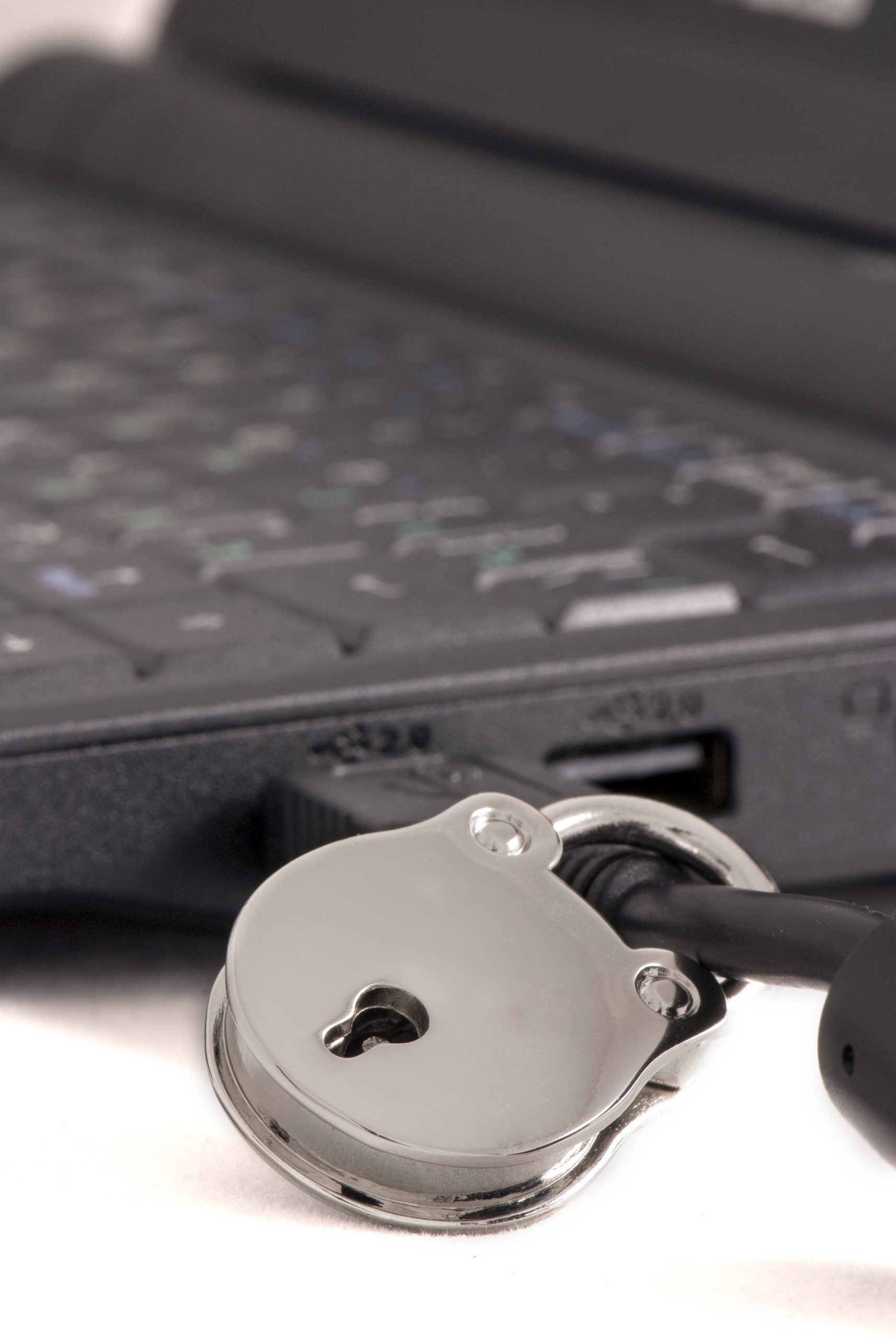On Friday January 25, 2013, the Department of Health and Human Services published the Final Rule modifying the HIPAA privacy, security, enforcement, and breach notification rules under the Health Information Technology for Economic and Clinical Health Act (“HITECH”) and the Genetic Information Non-Discrimination Act (“GINA”) as well as other modifications to the HIPAA rules. (See 45 CFR Parts 160 and 164, Federal Register Volume 78 Number 17.)
The omnibus rule actually contains four final rules. The first final modifications to HIPAA which were mandated by “HITECH” include modifications intended to improve the Rules which were issued as a proposed rule on July 14, 2010 include six modifications.
The first omnibus final rule includes direct liability modifications for business associates of covered entities for compliance with certain HIPAA privacy and security rule requirements. Strengthening of limitations on the use and disclosure of protected health information, expanded individuals’ rights to receive electronic copies of their health information, modification and redistribution of entities privacy practices protocols, modification of individual authorization forms and other requirements to facilitate research and disclosure of child immunization proof to schools as well as to enable access to decedent information and lastly the enforcement rules have been modified to address violations such as non-compliance with HIPAA rules due to willful neglect.
The second omnibus final rule adopts changes to the HIPAA enforcement rule that increase the civil monetary penalties in a tiered manner.
The third omnibus final rule involves the breach notification for unsecured protected health information under the “HITECH” act. This rule replaces the prior rules “harm” threshold with a more objective standard.
Finally, the fourth rule prohibits most health plans from using or disclosing genetic information for underwriting purposes.
These final rules take effect this month on March 26, 2013. Covered business entities and business associates must comply with the applicable requirements by September 23, 2013. The penalties for violating the final rules are now as follows:
TABLE 2 – CATEGORIES OF VIOLATIONS AND RESPECTIVE PENTALTY AMOUNTS AVAILABLE
|
Violation Category – Section 1176 (a)(1)
|
Each Violation
|
All such violations of an identical provision in a calendar year
|
| (A) Did Not Know(B) Reasonable Cause
(C) (i)Willful Neglect-Corrected
(C) (ii) Willful Neglect-Not Corrected |
$100-$50,0001,000-50,000
10,000-50,000
50,000 |
$1,500,0001,500,000
1,500,000
1,500,000 |
Providers need to be aware of the penalties for violating the rules as we most recently reported to you the office of civil rights will not hesitate in sanctioning providers for violating the Act in amounts in excess of $1.5 million.



 By:
By: 
 By:
By:  By: Urgent Medical Billing, Guest Contributor
By: Urgent Medical Billing, Guest Contributor

